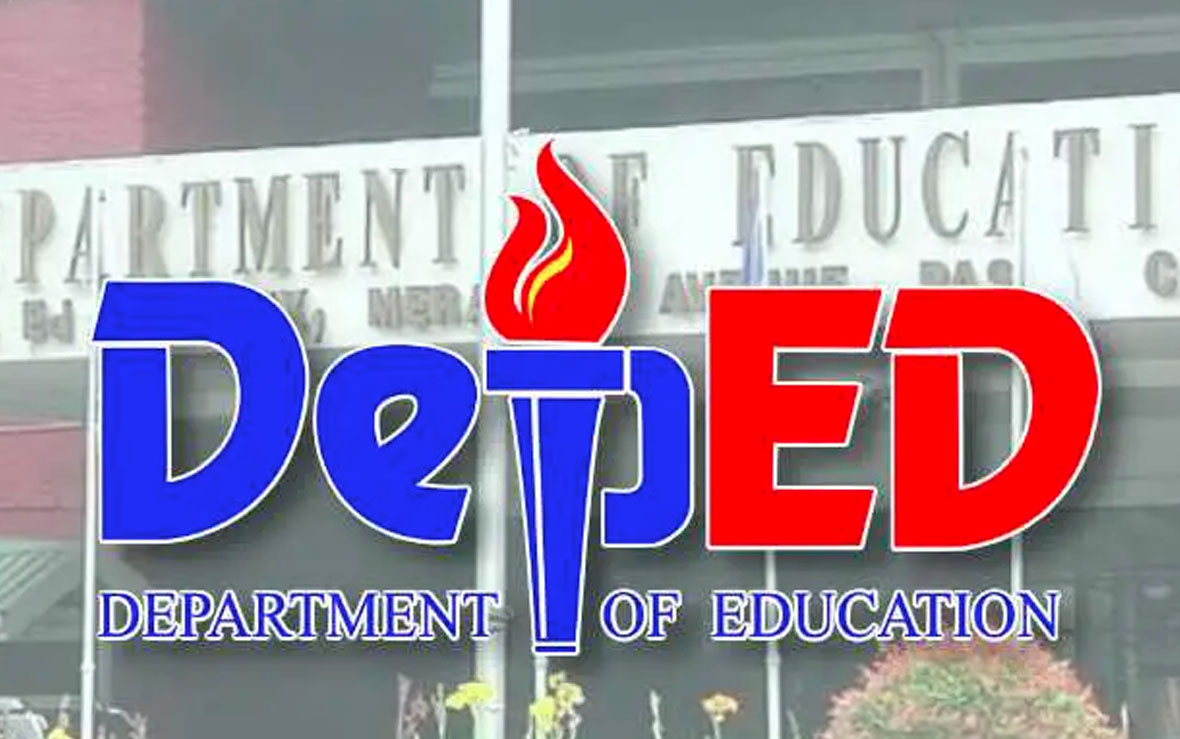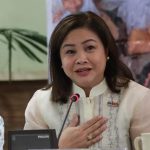MARIING tinutulan ng Department of Education (DepEd) ang panukalang amyendahan ang 1987 Constitution o Charter Change (Cha-cha) partikular na ang probisyon na may panukalang payagang magmay ari na ang mga foreign investors ng mga institusyon sa industriya ng edukasyon dahil sa magiging negatibong epekto umano nito sa seguridad ng Pilipinas at sa kaalaman at nasyonalismo ng mga kabataang Pilipino.
Sa ikaapat na araw ng pagtalakay ng Committee of the Whole House sa Resolution of Both Houses (RBH) Number 7 o “Proposing Amendments to Certain Economic Provisions of the 1987 Constitution of the Republic of the Philippines Particularly on Articles 12,14, and 16,” binigyang diin ni Atty. Omar Alexander Romero,Undersecretary of the Legal and Legislative Affairs ng DepEd na ang panukala tungkol sa amyenda sa edukasyon ay may magiging masamang implikasyon lalo na sa mandato ng naturang department, na nakasaad sa binasa niyang position paper ng ahensya bilang resource speaker.
“The Department is of that view to that proposed amendment of both Houses of Congress to paragraph 2 section 4,Article 14 of the 1987 Philippine Constitution has a far reaching consequences and serious implication with respect to the mandate of the Department and the exercise of its functions,” sabi ni Romero.
“The phrase ‘unless otherwise provided by law’ and its underlying rationale could potentially serve as a gateway to expand the scope of control and administration over educational institutions not solely by citizens of the Philippines but by other entities as well. In this light, the scope and limits of control and administration are put into question, including processes defining who, what, and how education shall be administered…..The most basic question is: Will it allow foreign entities to teach? For this, the Department respectfully and strongly objects to the amendment,” ang sabi ni Romero.
Nagpahayag din ng pagkabahala ang DepEd, ayon kay Romero, na ang pagpapalawak ng magiging sakop ng panukalang pamamahala ng mga foreign entities ay maaari umanong makaapekto sa mga programa ng ahensya.
“Expanding the scope and administration of schools to foreign entities may affect DepEd’s programs and commitments, specifically, with respect to the implementation of the new basic education curriculum. During the foundational years of basic education, learners undergo crucial development across various areas including physical, social, emotional, cognitive, and values,as these phase lay the foundation for future learning.It is essential that the Philippine curriculum is exclusively implemented by Filipino citizens, ”sabi ni Romero.
Iginiit ni Romero na ang programang pang edukasyon ay dapat nakabase sa pangangailangan ng mga kabataang Pilipino sa konstekto na akma sa bansa at paghubog sa pagiging makabayan ng mga ito.“This ensures alignment with the specific needs and context of the country.It is stressed that one of the key trust of the department’s ‘matatag’ basic education agenda is the cultivation of the learner’s sense of nationality and identity.As Filipinos through the makabansa subject,”sabi ni Romero.
“Article 14 section 3 provides that all educational institutions shall inculcate patriotism and nationalism.Having foreign entities control and administer basic education in the Philippines may run contrary to this undertaking,”sabi nito.
Ipinagdiinan ni Romero na paano aniya makakapagturo ang mga banyaga ng tungkol sa pagiging makabayan sa mga Pilipino kung wala itong mga karanasan at kaalaman sa bagay na ito dahil sa pagiging banyaga.
Ang kanyang pahayag ay isinagawa sa gitna ng deliberation sa RBH7 na magtatanggal sa limitasyon na 40% lamang ang ownership o maaaring maging pagmamay ari ng mga foreign investors sa ibang industriya sa bansa kabilang ang edukasyon.
Samantala pabor naman sa panukala at taliwas naman sa paninindigan ng DepEd ang mga pahayag ni Commission on Higher Education (CHED) chairman Dr. Prospero de Vera III.
“Opening up (to foreign) ownership and control of educational institutions in higher education has made (these institutions) more competitive in their (other Asian countries) internationalization efforts…..the Philippines is one of the very few countries in the region that has restrictions in foreign ownership and participation in higher education,” sabi ni De Vera III.
Sa liberalization aniya ng higher education,maaaring magkaroon ng provision upang mahikayat ang mga banyaga at kanilang mga kompanya na magbukas ng mga paaralan sa bansa.Ma.Luisa Macabuhay-Garcia




